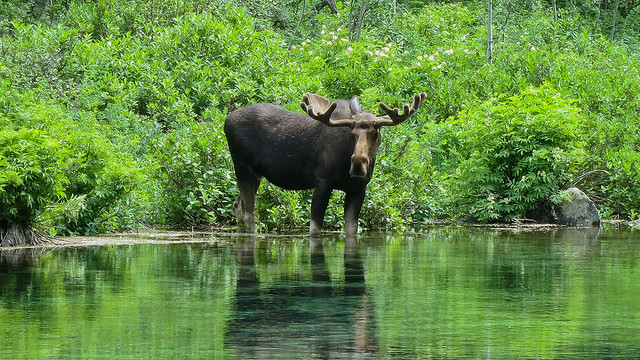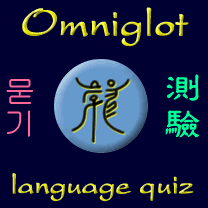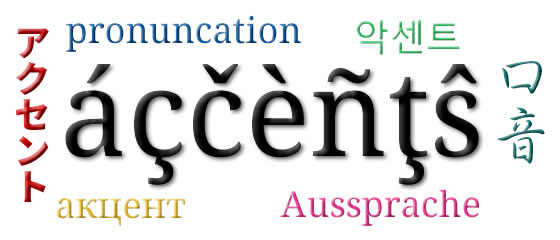Yesterday I added a page about the Moose Cree language to Omniglot. Moose Cree (ᐃᓕᓖᒧᐧᐃᓐ / ililîmowin) is a Central Algonquin language spoken mainly in the town of Moose Factory on Moose Factory Island on the Moose River in Ontario, Canada. That’s a lot of moose, or is it mooses, moosen or even meese? (see below)
A moose is:
“a ruminant mammal (Alces alces) with humped shoulders, long legs, and broadly palmated antlers that is the largest existing member of the deer family and inhabits forested areas of Canada, the northern U.S., Europe, and Asia” [source]
A moose can also be “a member of a major benevolent and fraternal order [Loyal Order of Moose]”.
The word moose was discussed in a previous post, along with the word elk and related words.
Today I thought I’d look into moose-related words in more detail.
Moose was first used in writing in English in 1603, and is thought to come from an Eastern Algonquian language such as Massachusett (moos), Narragansett (moos) or Penobscot (mos), from the Proto-Algonquian *môswa (it strips), referring to how a moose strips tree bark when feeding [source].
The standard plural of moose is moose, although mooses and meese are also used informally. I think a good alternative plural would be moosen, like oxen, children and aurochsen. What do you think?
In Moose Cree there are quite a few words moose-related words, including:
- ᒨᓱ / môso = moose; human prey (in traditional stories about cannibals)
- ᓈᐯ ᒨᓱ / nâpe-môso = a male moose
- ᐊᔮᐯᐤ / ayâpew = a (fully grown) buck, bull
- ᓅᓭ ᒨᓱ / nôse-môso = a female moose
- ᒨᔓᔑᔥ / môšošiš = a moose calf
- ᐱᐳᓈᔅᑯᔥ / piponâskoš = a one-year-old moose or caribou
- ᒨᒨᓶᐤ / mômôswew = s/he eats moose
Source: The Dictionary of Moose Cree
There are also plenty of moose-related words in Plains Cree:
- ᒨᓴᐧ / môswa = moose
- ᔮᐯᐤ / yâpew = bull moose
- ᒥᐢᑎᔮᐯᐤ / mistiyâpew = a big bull moose
- ᔨᑭᐦᒐᐊᐧᓭᐢ / yikihcawases = a one-year-old bull moose
- ᐊᐧᐢᑫᐤᒉᓭᐢ / waskewceses = a two-year-old bull moose
- ᐅᑭᓄᒪᐧᒐᔦᓭᐢ / okinomwacayeses = a three-year-old bull moose
- ᐅᓃᒐᓂᐤᒨᓴᐧ / onîcaniwmôswa = a female moose
- ᓅᓭᐢ / nôses = a mother moose with one calf
- ᐅᓃᓴᐧᐢᑯᒣᐤ / onîswaskomew = a mother moose with two calves
- ᐅᐢᑳᔨᐢ / oskâyis = a young/baby moose
Source: Online Cree Dictionary
While there are pages about Massachusett (Wôpanâôtuwâôk) and Narragansett (Nãikanset) on Omniglot, there isn’t one about Penobscot (Pαnawάhpskewi), which is a variety of Eastern Abenaki that was spoken mainly in Maine in the USA until the 1990s, and which is currently being revived. I’ll be adding details soon.
There is an online Penobscot Dictionary which includes quite a few moose-related words.
Update: there is now a page about Penobscot on Omniglot.






